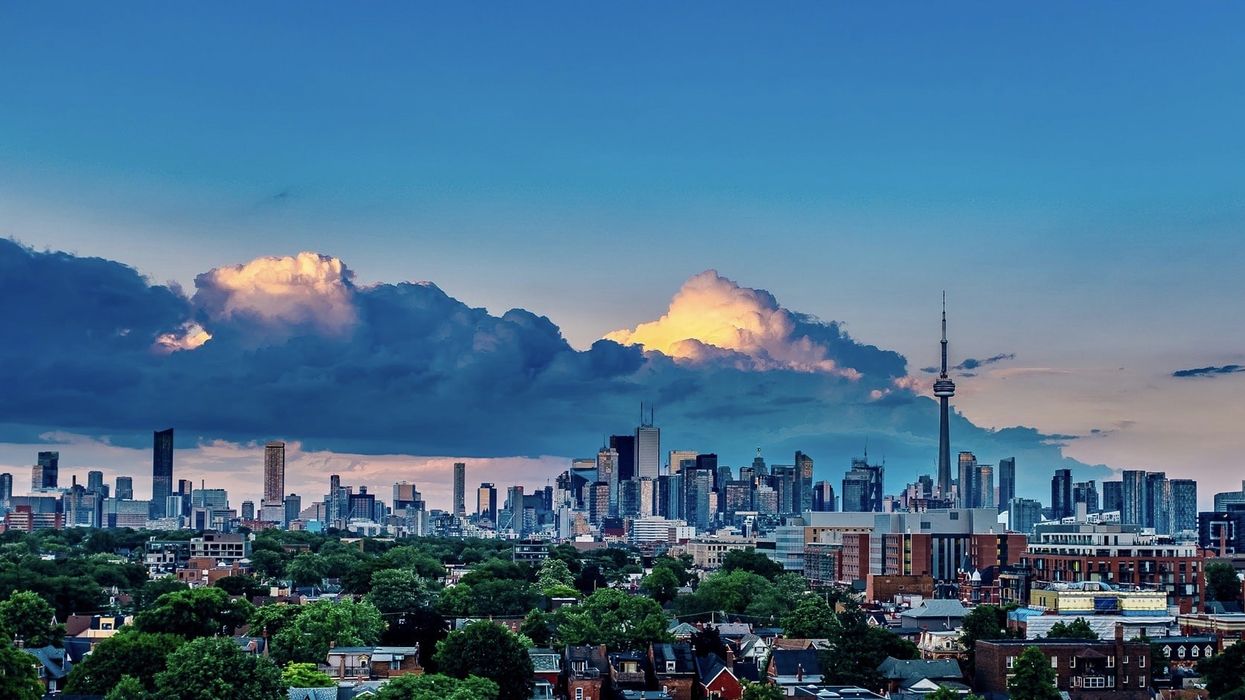Within the next few weeks, short-term rental operators will be required to officially register with the municipality in order to operate in the City of Toronto.
A new online registration system will launch next month, and the enrolment will be mandatory for short-term rental operators who are renting their homes on a short-term basis for a period of less than 28 consecutive days, starting September 10.
According to the City, registration is "a necessary first step" in allowing the municipality to effectively administer a series of new rules applicable to short-term rentals. Anyone who currently rents their home on a short-term basis, or plans to do so, must register by December 31. After this date, new operators will be able to register on an ongoing basis, but must register prior to renting out their homes short-term.
The plans to mandate registration and implement a series of new rules regarding STRs aren't new. Through December of 2017 and into January of 2018, Toronto City Council approved short-term rental regulations, and the City’s zoning bylaw amendments to permit short-term rentals as a use were appealed to the Local Planning Appeal Tribunal (LPAT).
On November 18, 2019 the LPAT issued a ruling that dismissed the appeals and upheld City Council’s adopted zoning bylaw amendments for short-term rentals. Since then, the City has worked to implement the rules and, despite further delays due to COVID-19, the municipality is now ready to launch its registration portal.
"It has been a long and hard-fought battle to implement responsible STR regulations, going back to 2017," said Toronto City Councillor Ana Bailão. "From LPAT hearings to COVID, these were not implemented as quickly as we wished. I am happy to see them now moving forward."
READ: How Will New Airbnb Rules Impact the Short-Term Rental Market?
Regulated by the City’s zoning bylaws and the Licensing and Registration of Short-Term Rentals PDF bylaw, those navigating short-term rentals must be aware of several rules regarding their operations:
Additionally, starting January 1, registered short-term rental operators will need to start collecting and remitting the 4% Municipal Accommodation Tax (MAT) on a quarterly basis. More information on how to collect and make the MAT payments will be provided this fall.
What's more, the City will also require short-term rental companies to obtain a licence from the municipality in order to continue operating their business in Toronto. This requirement includes any company facilitating or brokering short-term rental reservations online, and receiving payment for this service: Airbnb; Expedia; Booking.com; and the like. The licensing process for companies such as these is currently being worked on by city officials.
Registration for short-term rentals and related payment processing will be available online. People can learn about the rules and view more details on the government identification and the information needed for registration on the City’s website.
The City also said that officials continue to respond to short-term rental issues on a complaint basis. This is a reality that -- like the plans for mandating registration and introducing new rules -- isn't new. Since word of the new rules were announced, proponents of them have hoped they may help regulate the short-term rental market, and protect the value and safety of properties and communities throughout the city.
A more balanced market is more advantageous to both homeowners and tenants, after all.
The new regulations should also have a positive impact on the long-term rental market, as they are meant to help expand the availability of long-term rental properties by scaling back the number of short-term rental properties advertised.
Still, residents can contact 311 to report issues related to short-term rentals, such as noise, waste and concerns if others are renting homes that are not their principal residence.
With files from Lisa Rennie.





















